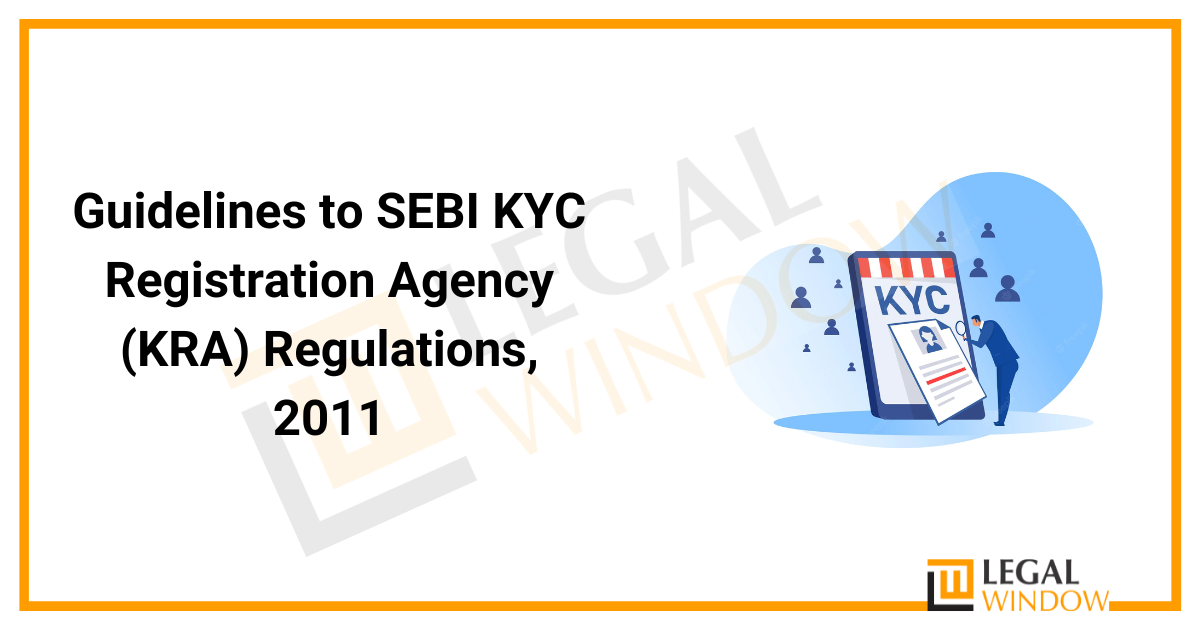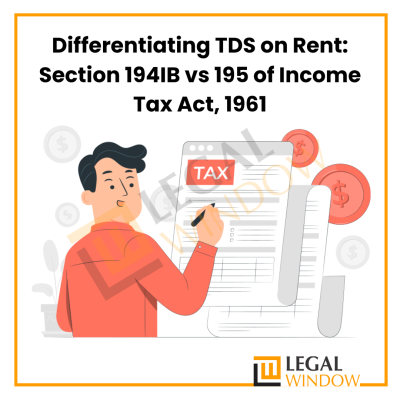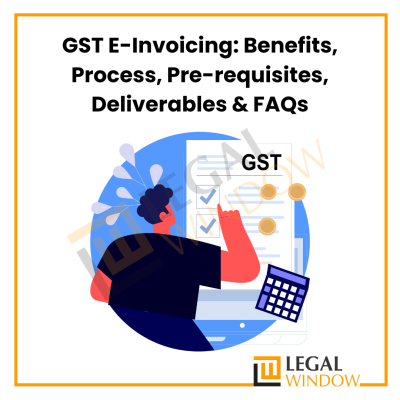Guidelines to SEBI KYC Registration Agency (KRA) Regulations, 2011
- July 15, 2022
- Miscellaneous

Know Your Customer, or KYC, allows banks and financial organisations to confirm the identification of their clients. As a first-time investor, you only need to complete this once. This post will educate you on the SEBI KYC Registration Agency (KRA) Regulations 2011.
Meaning of KYC
Know Your Customer is a procedure in which a financial company verifies the identification of consumers and assesses their suitability, as well as the possibility of illegal objectives and actions. Money laundering is one of the most serious threats to a country’s economy. The government and financial institutions are constantly on the lookout for such unlawful activity. KYC requirements for banking or financial transactions are an excellent technique to prevent this.
Necessity of KYC
KYC’s major goal is to ensure that deposits/investments are made in the name of a real person. It also aids in the reduction of black money. As a result, all mutual fund investors must follow the KYC procedure through a KYC Registration Agency (KRA). KRA, a SEBI-registered firm, stores investor data in a single database to which all fund companies and intermediaries have access.
Most investors are familiar with the agencies CAMS, NSE, and KDMS. SEBI later announced a single Know Your Client methodology to ensure consistency and uniformity among SEBI-registered intermediaries. Portfolio managers, mutual fund firms, venture capital funds, and stockbrokers, among others, found it simple to prevent the duplication of KYC documents. This makes compliance easy for investors.
Requirement of Documents for KYC
Along with their Know Your Client application form and a passport-sized photograph, investors must submit the following documents:
- Identification Documentation: PAN card, driving licence, copy of passport, voter ID, Aadhaar card, or bank photo passbook
- Address Proof: Recent landline or mobile bill, power bill, passport copy, recent Demat account statement, most recent bank passbook, ration card, Voter ID, rental agreement, Driving License, or Aadhaar card
Available KYC Procedures
CDSL Ventures Limited has been recognised and authorised by the mutual fund industry to carry out the Know Your Customer procedure. You can finish the procedure either offline or online.
Offline
- Fill out the KYC application form available on the CDSL Ventures website.
- Sign and deliver a physical copy of the document to the authorities or intermediaries you desire to invest in mutual funds through.
- Attach certified photocopies of ID and residency evidence, as well as a passport-size photo, to the form.
Biometrics Based on Aadhar
If you have an Aadhaar card, you can choose Aadhaar-based KYC. You may request that an official from the fund house or agency come to your location to collect the information. Send a copy of your Aadhaar card to the fund house, broker, or distributor, and they will map your fingerprints on their scanner and connect it to the Aadhaar database. Your information will be shown in the database if the fingerprint matches that in the database. This signifies that they verified your identity before proceeding with your mutual fund investment.
Benefits of KYC Compliance
The most major benefit of becoming KYC compliant is that you will never have to go through the KYC verification procedure again. It is a one-time process, and before you can invest in mutual funds in India, you must have completed your KYC verification. After being KYC compliant, you can invest in any mutual fund plan with any fund company. Being KYC compliant allows you to begin investing in mutual funds in just a few seconds.
SEBI KYC Registration Agency (KRA) Regulations 2011
KYC Registration Agency (KRA) is a company formed and registered under the Companies Act, 2013, and which has been issued a certificate of registration under these rules, and which is hence regarded to be an intermediary under the Act’s requirements. KYC” refers to the method established by the Board for identifying and confirming Proof of Address, Proof of Identity, and conformity with rules, regulations, guidelines, and circulars published from time to time by the Board or any other body for the Prevention of Money Laundering.
| SR. No. | Particular | Content |
| 1. | Application | Made to board in form specified under schedule II.
REQUIREMENTS- ♦ Not include any mislead or false information, if any mislead information provided it shall be rejected provided opportunity of being heard granted. Before rejecting any application board may provide 30 day time period to remove any objections. FURNISHING OF INFORMATION, CLARIFICATION AND PERSONAL REPRESENTATION- If board require it may ask further clarification or information. CONSIDERATION OF APPLICATION FOR GRANT OF CERTIFICATE OF REGISTRATION- Following conditions are to be satisfied for grant of certification- ♦ Applicant should be fit and proper person. ♦ wholly owned subsidiary of a recognized stock exchange, having nation-wide network of trading terminals ♦ wholly owned subsidiary of a depository or any other intermediary registered with the Board ♦ wholly owned subsidiary of a Self-Regulatory Organization (SRO) registered under SEBI (Self-Regulatory Organization) Regulations, 2004 ♦ Applicant shall have a net worth of at least Rs 25 crore on a continuous basis. Grant of certificate of registration7- (1) The Board, once satisfied that applicant is eligible, shall send intimation to that effect to the applicant, for the grant of certificate of registration, and grant a certificate in the Form. (2) The certificate of registration granted under sub-regulation (1) shall be valid unless it is suspended or cancelled by the Board.] (3) The grant of certificate of registration shall be subject to the payment of such fees. (4) The KRA shall immediately intimate the Board, details of changes that have taken place in the information that was submitted, while seeking registration. (5) Where the KRA proposes change in control, it shall obtain prior approval of the Board for continuing to act as such after the change. |
| 2. | Functions and obligations of the KRA | ♦ Prepare the Operating Instructions in co-ordination with other KRA(s) and issue the same to implement.
♦ Have electronic connectivity. ♦ Have a secure data transmission link with other KRA(s) and with each intermediary that uploads the KYC documents on its system and relies upon its data. ♦ Responsible for storing, safeguarding and retrieving the KYC documents and submit to the Board or any other statutory authority as and when required. ♦ Carry out an independent validation. ♦ Updated information shall be disseminate by the intermediary. ♦ Sufficient back of electronic records to be placed so that records remain secured also prevent from unauthorised access. ♦ Have adequate mechanisms for the purposes of reviewing, monitoring and evaluating its controls, systems, procedures and safeguards. ♦ Appoint a compliance officer.
|
| 3. | Sharing of KYC information in the financial sector- | ♦ access the system of KRA for undertaking KYC of their clients who engage them for financial services.
♦ system may be connected with any central KYC registry authorised by the Central Government for the purpose of collation and sharing of the KYC information in the financial sector.
|
| 4. | INSPECTION of KRA | Board appoint one or more persons as inspecting authority to undertake inspection of the books of accounts, records, documents, infrastructure, systems and procedures, of a KRA, BOARD MAY INSPECT A KRA FOR THE FOLLOWING PURPOSES-
|
| 5. | KRA TO ABIDE BY CODE OF CONDUCT | KRA holding a certificate of registration shall at all times abide by the Code of Conduct as specified in Schedule III of these regulations |
Guidelines issued in response to the 2011 change to the SEBI KYC (Know Your Client) Registration Agency (KRA) Regulations
SEBI provided recommendations to apply the SEBI KYC Registration Agency (KRA) Regulations, 2011, in its circular MIRSD/Cir-26 /2011 dated December 23, 2011. SEBI gave more guidance on this topic in Circular No. SEBI/HO/MIRSD/DoP/P/CIR/2022/46. Dated- 06/04/2022.
Some additional Guidelines
Following are some of the additional Guidelines:
- KRA’s will continue to serve as the repository of KYC data in the securities market, and will be responsible for maintaining, preserving, and retrieving KYC papers and submitting them to the Board or any other statutory body as needed.
- KRA’s must independently check the records of clients (both existing and new) whose KYC has been completed using Aadhaar as an OVD. Clients who completed KYC using non-Aadhaar OVD would have their data confirmed only after getting their Aadhaar Number.
- Develop systems/mechanisms in cooperation with SEBI and in coordination with one another, and follow standard internal rules specifying components of KYC attribute identification and KYC validation procedures.
- Inform the appropriate RI’s as soon as possible of any deficiencies/inadequacies in the client’s KYC documentation.
- Following successful completion of KYC validation, KRA will provide the customer a unique client identification known as a KRA identifier, which the client may use to create an account with any other intermediary.
- KYC records of new clients (who have used Aadhaar as an OVD) must be approved by KRAs within two days of receipt.
- KYC records for all existing clients (who utilised Aadhaar as an OVD) must be confirmed within 180 days of July 1, 2022.
- KRAs must notify the customer of the KRA identification within two working days of receiving KYC records by letter or email, and save proof of delivery.
- For non-Aadhaar KYC OVD, the KRA shall only maintain such records, which will not be approved by KRAs unless the client provides an Aadhaar number.
- Validation of all KYC records (both new and current) will begin on July 1, 2022.

Endnote
This circular was published to safeguard the interests of securities investors, as well as to support the growth and regulation of the securities market. SEBI published the circular on 06-04-2022 in response to an amendment to the SEBI KYC Registration Agency Regulations, 2011, which stated that Clauses 9 and 13 will take effect from 01-07-2022.
Connect to Legal Window if you are facing any issue related to KYC Registration or in understanding Guidelines to SEBI KYC Registration Agency (KRA) Regulations, 2011.
LegalWindow.in is a professional technology driven platform of multidisciplined experts like CA/CS/Lawyers spanning with an aim to provide concrete solution to individuals, start-ups and other business organisation by maximising their growth at an affordable cost. Our team offers expertise solutions in various fields that include Corporate Laws, Direct Taxations, GST Matters, IP Registrations and other Legal Affairs.
Categories
- Agreement Drafting (23)
- Annual Compliance (11)
- Change in Business (36)
- Company Law (148)
- Compliance (90)
- Digital Banking (3)
- Drug License (3)
- FEMA (17)
- Finance Company (42)
- Foreign Taxation (6)
- FSSAI License/Registration (14)
- GST (120)
- Hallmark Registration (1)
- Income Tax (202)
- Latest News (34)
- Miscellaneous (165)
- NBFC Registration (8)
- NGO (14)
- SEBI Registration (6)
- Section 8 Company (7)
- Start and manage a business (21)
- Startup/ Registration (130)
- Trademark Registration/IPR (40)
Recent Posts
About us
LegalWindow.in is a professional technology driven platform of multidisciplined experts like CA/CS/Lawyers spanning with an aim to provide concrete solution to individuals, start-ups and other business organisation by maximising their growth at an affordable cost.








